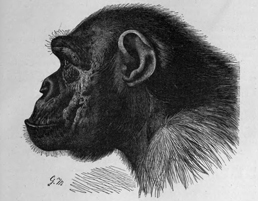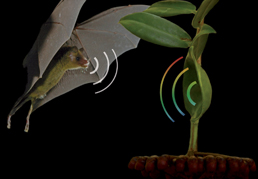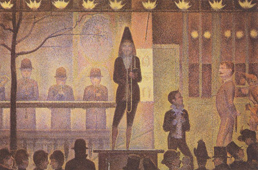Testosterone & Fatherhood
Men's testosterone levels drop significantly when they become fathers.

Caffeine may protect against skin cancer by inhibiting an enzyme that cancer cells need.
Rats are supposed to be afraid of cats, but a tiny pathogen has turned the relationship around for its own benefit.
Misinformation about vaccine safety may be contributing to a surge in measles infections.
Early stress in a zebra finch’s life not only cuts its life short, but takes a serious toll on its mate’s life as well.
Removing antibiotics from poultry farms could have immediate public health implications.

FEAR, LIES & SHRINKING BRAINS - Why our brains shrink, but chimps' don't, why computers are better at spotting lies than we are, and an enzyme for fear. Also, medical electronics that resemble tattoos, and how organic chicken farms could be a boon to public health.

WATER EVERYWHERE - Astronomers have discovered the largest cache of water ever, and researchers are developing new software for detecting contamination of municipal water supplies. Also: Round robots to help safeguard nuclear power plants.
Diseases spread by mosquitoes plague millions of people. But what if people could make mosquitoes sick instead?
Dolphins heal remarkably well after massive shark bites, and scientists want to know how they do it.

BATS & DOLPHINS: Dolphins that heal themselves, and dolphins that use electroreception in addition to echolocation. Also, How vampire bats find their prey, and how a Cuban plant takes advantage of a bat's ability to echolocate.

THE BRAIN & SOCIETY: How the brain experiences beauty, what soccer reveals about the mind, and why lazing around in a hammock could benefit your memory. Also, how your cell phone could help you kick the habit.
